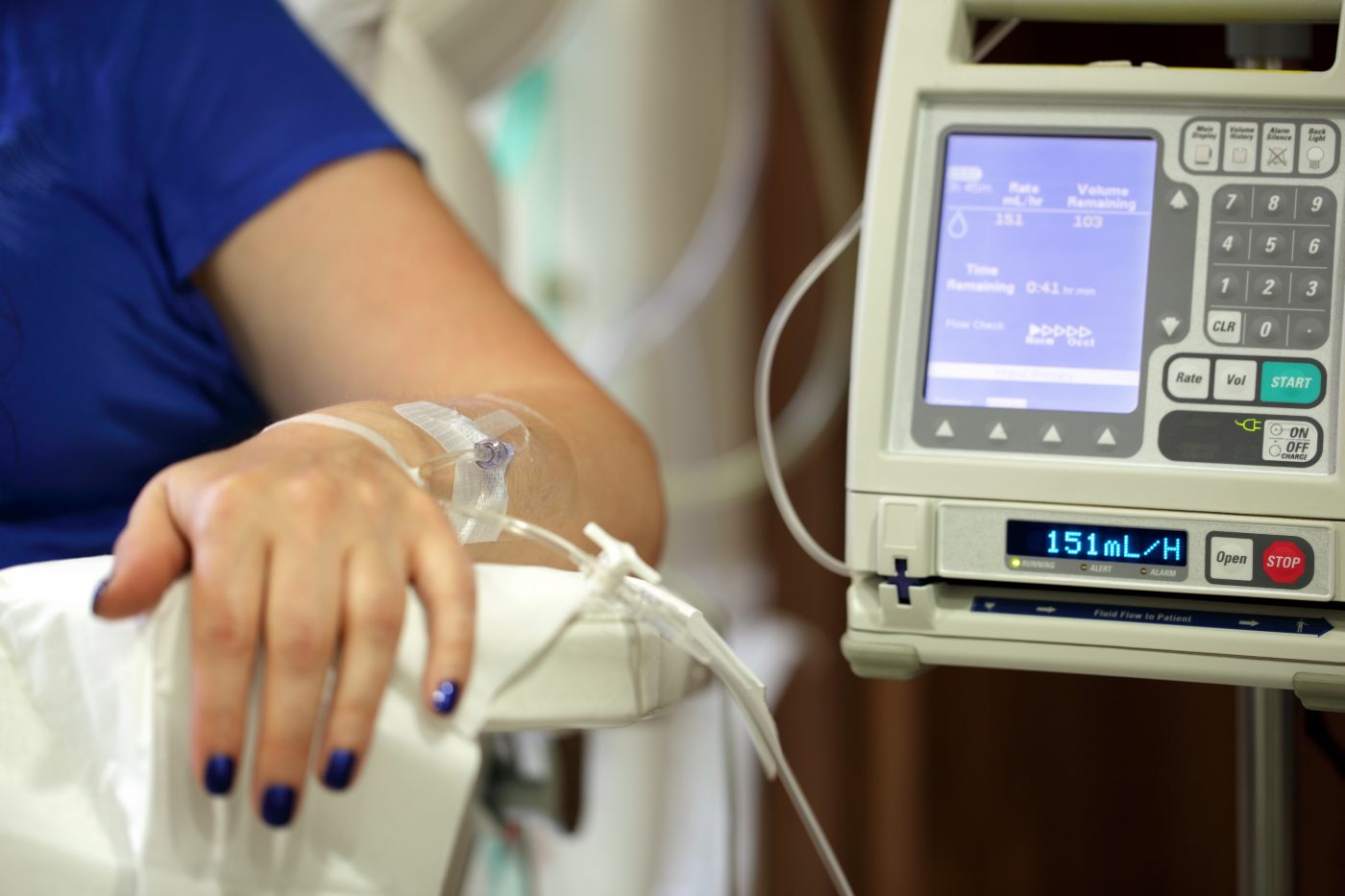Results from a study published in the Journal of Clinical Oncology showed that heart failure and left ventricular systolic dysfunction occurred more regularly than previously reported in a population of adult survivors of lymphoma who underwent autologous hematopoietic stem cell transplantation,
“Transplantation strategies and supportive care have evolved since the start of the HSCT era, resulting in improved survival,” Klaus Murbraech, MD, of the department of cardiology at Oslo University Hospital, and colleagues wrote. “Compared with age-matched controls, HSCT survivors have a close to threefold increased risk of cardiovascular complications, and cardiovascular diseases are the leading nonmalignant cause of death in this population.”
In the national cross-sectional study the researchers assessed the incidence of LVSD (symptomatic heart failure and asymptomatic LVSD) in a population of adult survivors of lymphoma (LSs) who underwent autologous HSCT. The study also identified the risk factors for LVSD in adult lymphoma survivors.
The researchers defined asymptomatic LVSD as left ventricular ejection fraction lower than 50% by echocardiography, and defined heart failure (HF) according to current recommendations. The team then compared the results in LSs with those found in an age- and sex-matched group.
All adult lymphoma survivors treated with autologous HSCT in Norway from 1987 to 2008 were eligible. Of these, 274 LSs (69% of all eligible survivors with a mean follow-up time from lymphoma diagnosis of 13 ± 6 years were found eligible for the statistical analysis. Non-Hodgkin’s lymphoma was the primary disease in 78% of the patients.
The researchers found that the average cumulative dose of doxorubicin was of 316 ± 111 mg/m2, with 35% of all adult lymphoma survivors receiving extra radiation therapy involving the heart. The results also showed LVSD in 15.7% of all adult lymphoma survivors, of whom 5.1% were asymptomatic.
Patients with heart failure were symptomatically mildly affected, with 8.8% of all adults lymphoma survivors classified as New York Heart Association class II, whereas more severe HF cases were rare (1.8%).
The results showed that adult lymphoma survivors had a substantially increase in LVSD risk when compared to controls. Furthermore, a cardiac radiation therapy dose greater than 30 Gy and a doxorubicin dose ≥ 300 mg/m2 were independent risk factors for LVSD.
Based on the results, the team indicated explained their findings, “may help identify adult survivors of lymphoma at increased risk [for] LVSD after autologous HSCT and can serve as a basis for developing intensified surveillance strategies for these patients.”


